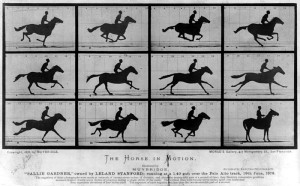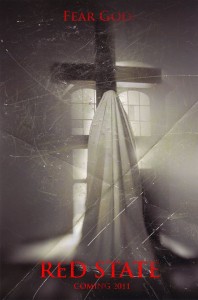Dropping Film Knowledge like a Clumsy Librarian (somewhere in the 700 section…)
People seem to be liking the film industry / history writing I’ve been doing over at Quora, so if you’re one of the folks mad I don’t have more time for long-form industry ramblings these days, there might be something there to scratch your itch?
Here’s a list of every Quora I’ve answered as one gigantic list
Or here’s a few direct-links to whet your appetite:
- Are movies earning money during their theatrical runs faster than 20 years ago? How is this changing the theatre business?
- What movie has the most on-location international settings?
- Why does the cinema industry still support flat and scope aspect ratios now that 35mm is dead?
- Why do movies look smooth at 24fps, but video games look all choppy?
- How did TIFF become such an important international film festival?
- How can you tell if a movie is a “success” or not?
- Is “Box Office” the same thing as “Profit” (NO, NO, NO, stop doing this random people on the internet!)
- How much does it cost to license a song for a movie?
- What’s it like to be a film producer?
- Does anyone still do test screenings in the age of the Internet?
- How can I self-distribute a film I made?
- If Box Office doesn’t equal profit, is this because of this dodgy “Hollywood Accounting” I’ve heard so much about (Arrrrgggh)
- What is the purpose of those coloured pieces of plastic on film set lights?
And many, many, (many) more… including topics as disparate as Toronto chicken bylaws, or (possibly the most read thing I’ve ever written in my life) 90 words about the history of Scooby-Doo.
The Internet everyone!








![By David Crow; Pawyilee [Public domain], via Wikimedia Commons Oh Wikimedia Commons, is there any topic you don't have the perfect image for?](http://www.bradfox.com/blog/wp-content/uploads/2011/03/Elephant_crossing.jpg)


 Kevin Smith’s release plan for “Red State” isn’t particularly revolutionary – and you can’t convince me it was supposed to be. What it is, is an interesting experiment if one happens to be Kevin Smith. And there’s absolutely nothing wrong with that, but the armchair studio-heads need to be careful to recognize in their blogs and tweets that there is absolutely nothing that “the industry” is going to be able to learn from this little adventure – unless you happen to be interested in investing in low-budget features directed by Kevin Smith.
Kevin Smith’s release plan for “Red State” isn’t particularly revolutionary – and you can’t convince me it was supposed to be. What it is, is an interesting experiment if one happens to be Kevin Smith. And there’s absolutely nothing wrong with that, but the armchair studio-heads need to be careful to recognize in their blogs and tweets that there is absolutely nothing that “the industry” is going to be able to learn from this little adventure – unless you happen to be interested in investing in low-budget features directed by Kevin Smith. 

